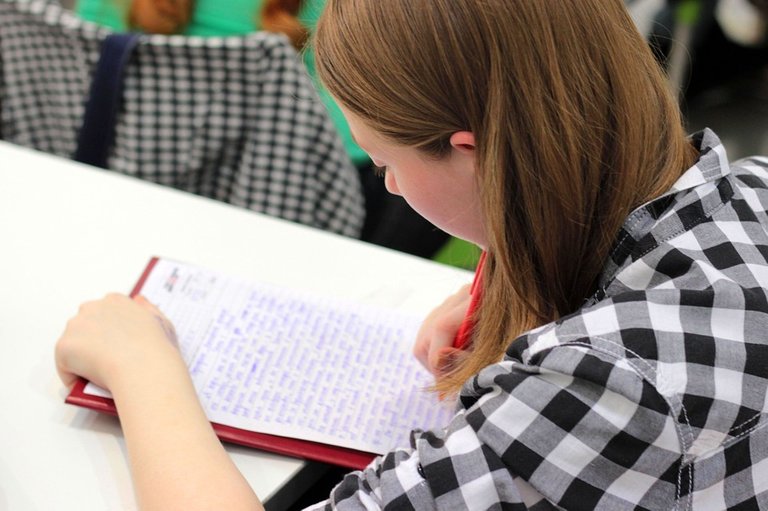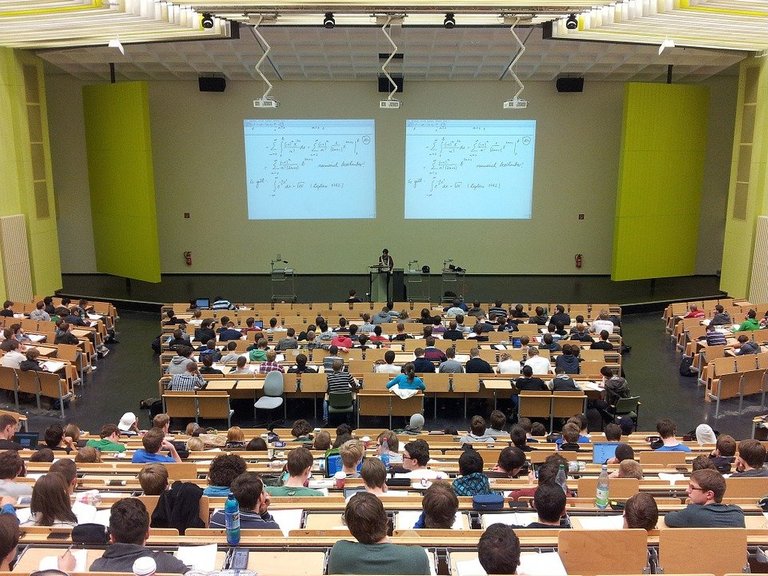Hi there. In this short post I talk about the fun factor in education.
The motivation behind this post is based on posts here on Hive as well as some things I have noticed in my own work.

Topics
- Getting Students Engaged With Fun Educational Activities
- It Is Harder To Implement Fun For Higher Grade Subjects
- Concluding Thoughts
Getting Students Engaged With Fun Activities
Young students could be some of the hardest people to please. If they get bored then they don't really want to learn nor do anything. Having a fun factor in classes and lessons can make learning feel more like an entertaining activity rather than a chore.
Classes can include educational games, group activities, field trips, flashcards, inviting guest speakers and/or watching videos. It is important in my opinion to mix things up instead of just having the usual copy notes from a whiteboard/blackboard and do written exercises.
Basic physical exercises can be implemented in classes. As many students are sitting down on chairs it would be a good idea to have active breaks. These active breaks could include movements like arm circles, good morning type stretches, raised knees, jogging on the spot, arm stretches, leg swings for stretching, etc.

It Is Harder To Implement Fun For Higher Grade Subjects
For the older students such as high school students, university students and adult learners, implementing a fun factor in learning may or may not work. Older students may find some of these fun activities silly, weird or not helpful. These students would prefer utility when it comes to learning. Some older students would appreciate some fun activities in classes as it would help them feel at ease while learning.
Instead of adding a fun factor in classes educators can include real life applications in their classes and courses. A large handful of students choose certain courses or degree programs that would help them be job ready or career ready when they graduate and head out to the workforce.

Concluding Thoughts
Adding a fun factor in education does help make learning more appealing and less of a chore. Younger students tend to have shorter attention spans and it is hard for them to focus for long periods of time. The young ones respond more to learning activities with a fun factor while the older students prefer learning topics that would be of benefit to their well-being, development and career.